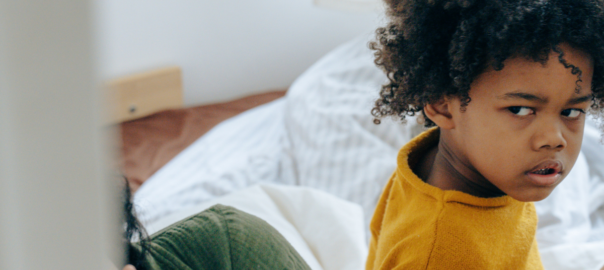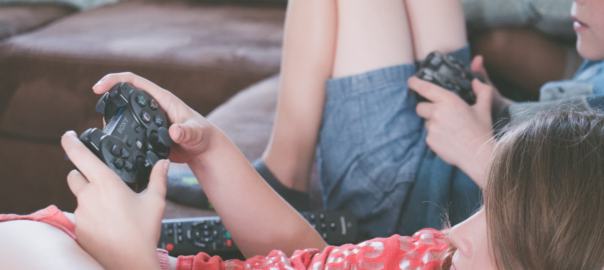
Q. While listening to one of your insightful podcasts, “Mom, When Can I Start Watching Porn?”, I heard you say “that the best time to start introducing your children to the mechanics of sex and how babies are made and born is between 4 and 6, before it becomes embarrassing, shocking and awkward. If you are saving “the talk” until kids ask, you may wait forever.” I have two daughters, ages 5 and 1. I always answer their questions as honestly as possible except when she was three and I was pregnant. She asked: “Mom, how did my baby sister get in there?” Not prepared, I froze. What, when and how do I share the answers to her future sex ed questions before she is too embarrassed to ask me?
A. Don’t wait for the questions. They may never come. Sometime, ask her, “Do you remember when I was pregnant with your sister, and you asked me how she got inside me? I didn’t think you were old enough to understand then but now I think you are. Would you














